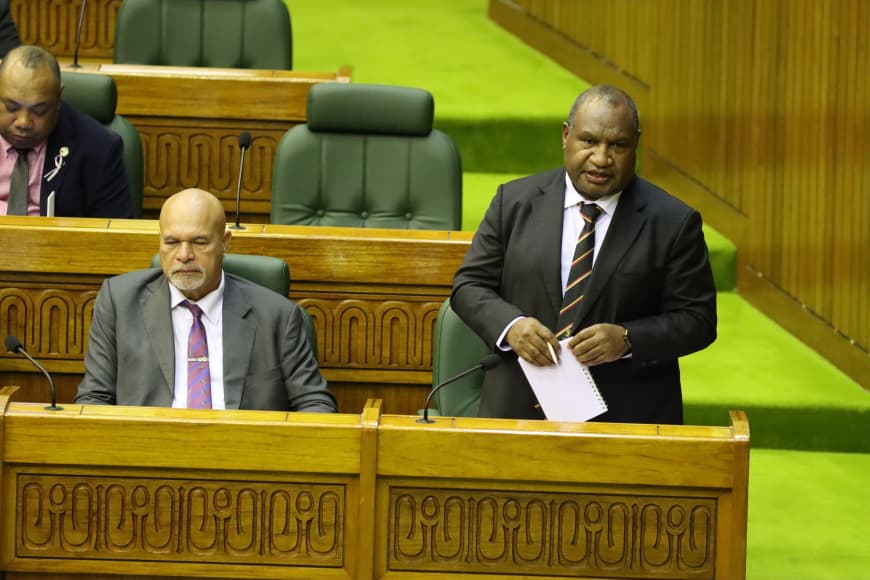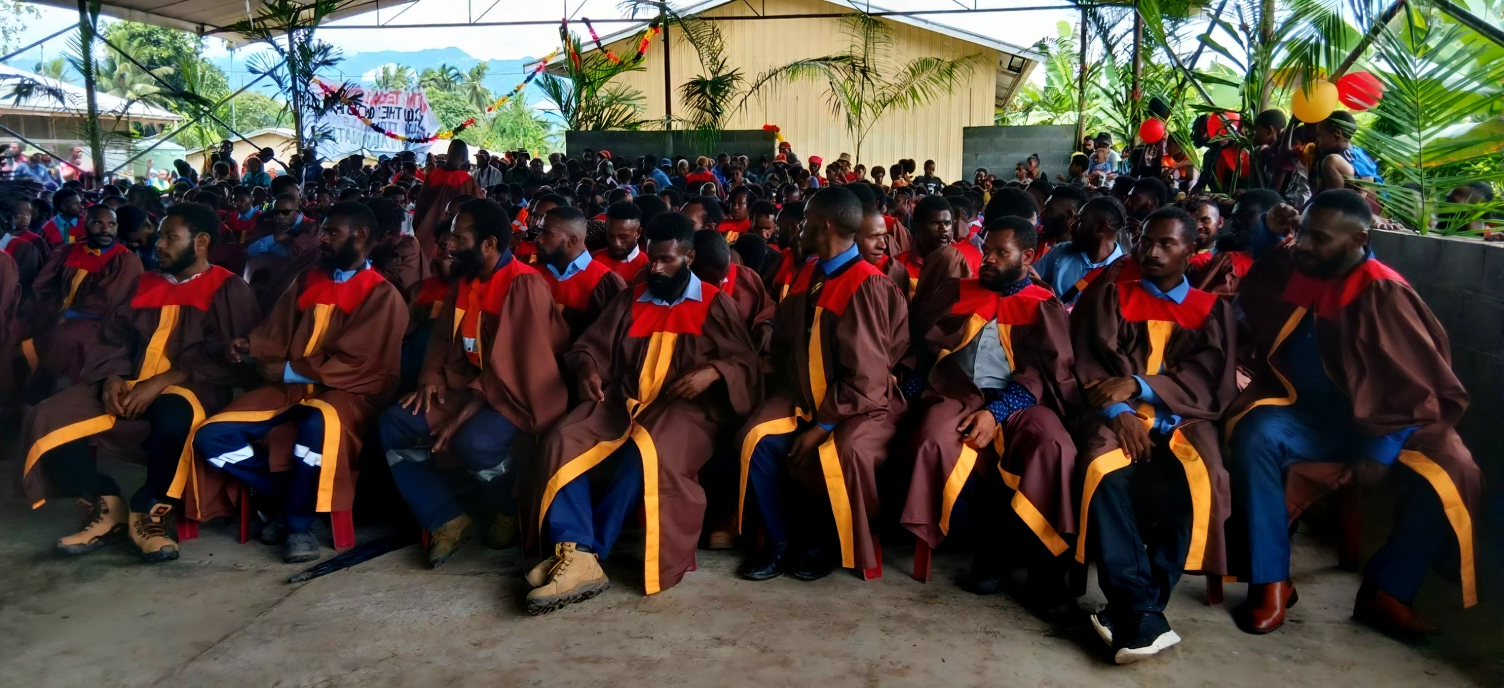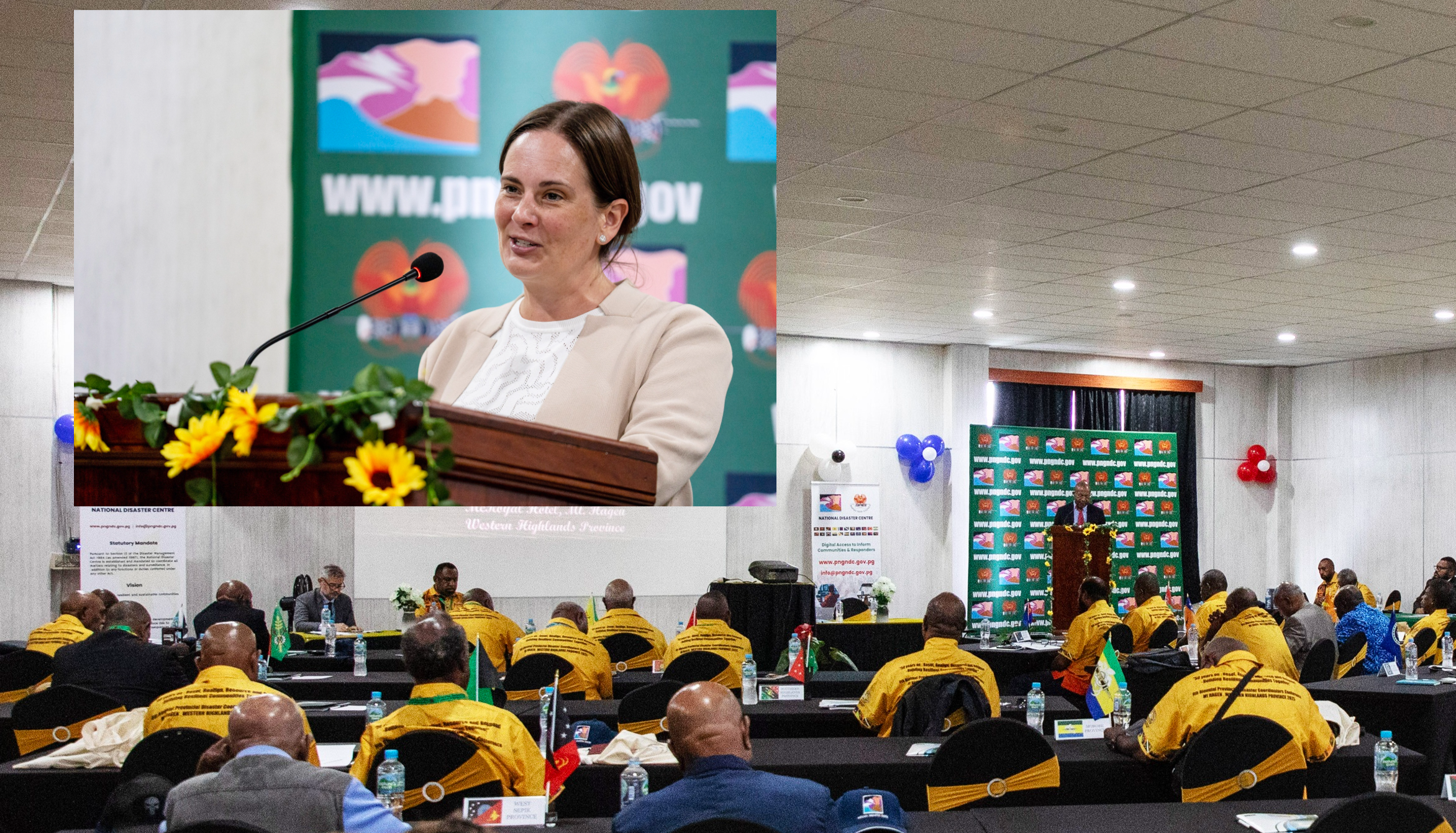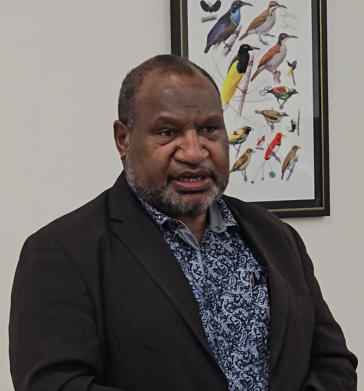NEWS
TIPNG RAISE CONCERNS OVER ELECTION PREPARATIONS
![]() By PNG Haus Bung |
December 9, 2021
By PNG Haus Bung |
December 9, 2021
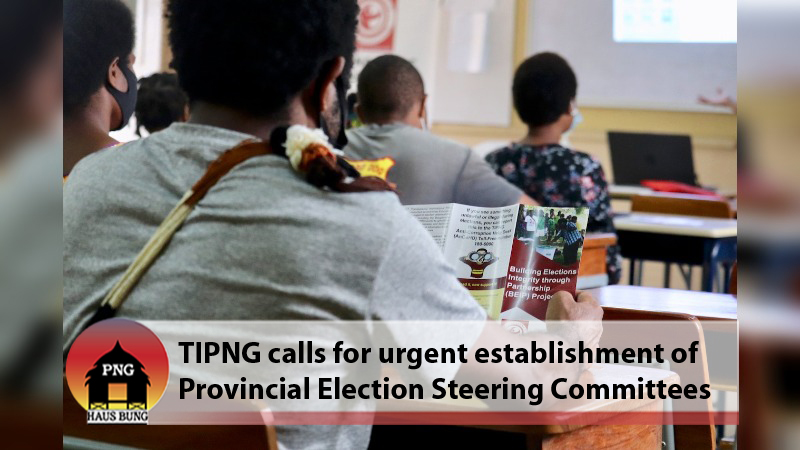
Related News
LATEST NEWS
